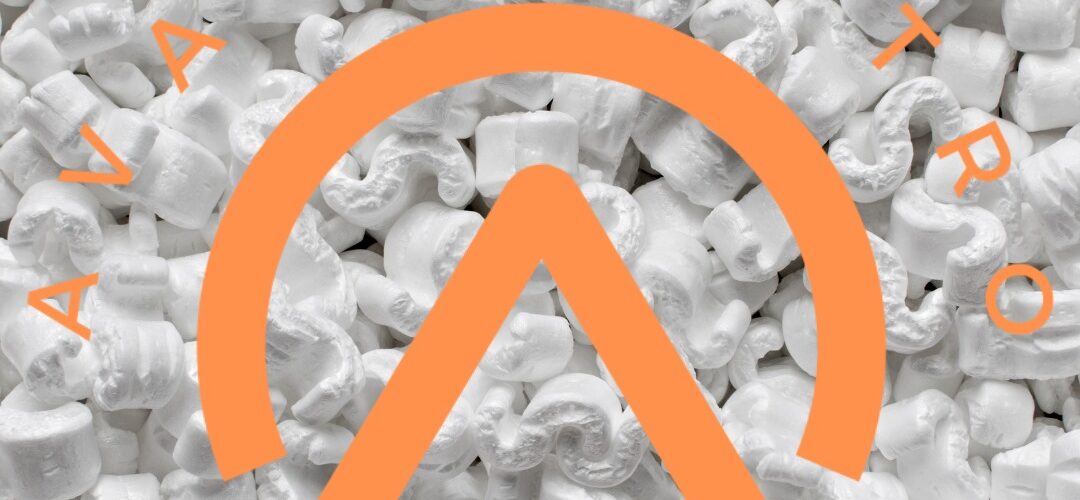Unveiling the Wonders of Antishock Polystyrene (HIPS)
Introduction:
In the ever-evolving landscape of materials science, Antishock Polystyrene, commonly known as HIPS, stands out as a versatile and resilient solution. As we delve into the intricacies of this remarkable material, we unlock a world of possibilities for industries seeking durability, flexibility, and shock resistance in their applications.
What is Antishock Polystyrene (HIPS)?
Antishock Polystyrene, or High Impact Polystyrene (HIPS), is a polymer renowned for its exceptional toughness and impact resistance. Derived from styrene monomers, HIPS undergoes a unique polymerization process that imparts remarkable strength to the final product. This thermoplastic material finds extensive applications across various industries, from packaging to consumer goods and beyond.
Key Characteristics:
- Shock Absorption:
HIPS distinguishes itself with its ability to absorb and disperse impact energy efficiently. This makes it an ideal choice for applications where protection against shocks and vibrations is paramount. From protective casings to packaging materials, HIPS ensures that delicate contents remain intact during transit.
- Versatility in Manufacturing:
The versatility of HIPS shines through in its ease of processing. Manufacturers benefit from its adaptability to various fabrication methods, including injection molding and extrusion. This flexibility makes it an attractive option for creating intricate designs and complex shapes, providing designers with a canvas to bring their visions to life.
- Chemical Resistance:
HIPS exhibits resistance to a wide range of chemicals, enhancing its suitability for applications in aggressive environments. This chemical resilience expands its utility in sectors where exposure to corrosive substances is a constant concern.
Applications Across Industries:
- Packaging Solutions:
In the realm of packaging, HIPS takes center stage. Its ability to protect fragile items from impact damage makes it a preferred choice for creating packaging materials that ensure the safe delivery of products to end consumers.
- Consumer Electronics:
The consumer electronics industry benefits immensely from HIPS, employing it in the production of durable and impact-resistant casings for devices like smartphones, laptops, and electronic gadgets. The material’s ability to withstand accidental drops and shocks contributes significantly to the longevity of these products.
- Automotive Components:
HIPS has found a niche in the automotive sector, where its shock-absorbing properties are harnessed for crafting interior components, dashboards, and various trim elements. The material’s durability enhances overall safety by minimizing the impact on occupants during collisions.
Environmental Considerations:
- Recyclability:
In an era where sustainability is non-negotiable, HIPS aligns with eco-friendly practices. The material is recyclable, reducing the environmental footprint associated with its production and usage. This feature positions HIPS as a responsible choice for industries aiming to embrace circular economy principles.
Conclusion:
Antishock Polystyrene, or HIPS, is a material that transcends conventional boundaries, offering a harmonious blend of strength, versatility, and environmental responsibility. As industries continue to seek materials that meet rigorous performance standards, HIPS emerges as a frontrunner, delivering on its promise of durability, adaptability, and sustainability.
Written by Emir Narin

